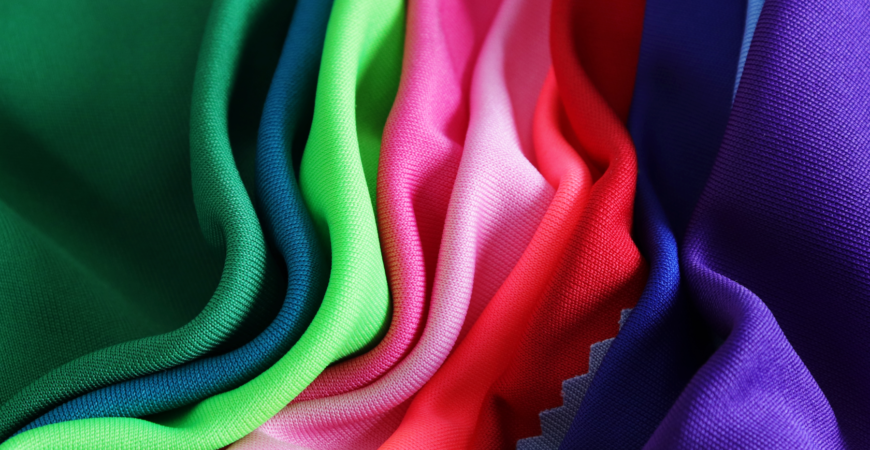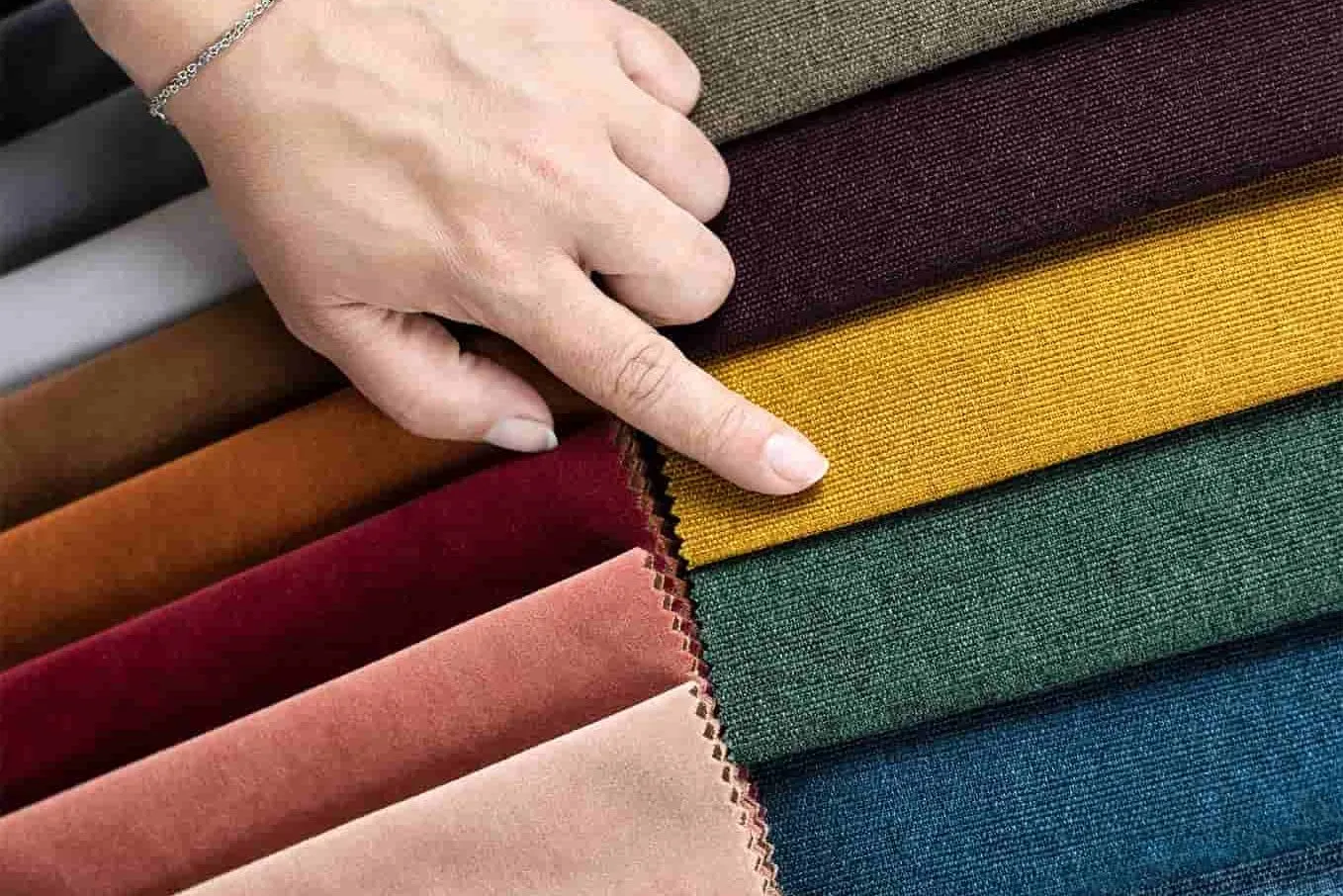Polyester is a type of fabric made from synthetic fibers that were developed in the 20th century in scientific laboratories. The word polyester is derived from the words “poly” meaning many, and “ester” which is an organic chemical compound. The main material used to make polyester is ethylene, which is derived from petroleum, along with air, coal, and water. [1]
Polyester is made by a reaction between an acid and an alcohol. When this reaction occurs, two or more molecules combine to form a large molecule. Polyester fibers can form very long, stable, and strong molecules. The process of forming polyester is called polymerization. Today, polyester is used in the manufacture of many products, such as clothing, home furnishings, synthetic fabrics, and computers. Polyester has many advantages that rival traditional fabrics like cotton.
Types of Polyester Fabric
Polyester is classified into two main types: saturated polyester and unsaturated polyester.
Saturated Polyester
Saturated polyester: This type refers to the polyester family that is mainly composed of saturated polyester. It is non-reactive as is the case with unsaturated polyester. It is composed of low molecular weight fluids that are used as plasticizers and reactors in the formation of ethane polymers, and high molecular weight thermal linear molecules such as polyethylene. The reactants for saturated polyesters are usually glycol, acid, or non-aqueous acid.
Unsaturated Polyester
This type refers to the polyester family that is mainly composed of alkyl thermosetting resins characterized by vinyl unsaturation. This type of polyester is used in reinforced plastics in particular, and is used extensively because it is very economical.
Advantages of Polyester Fabric
Polyester fabric has many unique features and properties, the most prominent of which are the following:
- Polyester cloth and its fibers are very strong
- It has high durability, as it is resistant to most chemicals, it expands and contracts
- Polyester is water repellent, so it dries quickly and can be used for insulation by manufacturing hollow fibers
- Polyester retains its shape and folds, making it good for making clothes for harsh climates
- It has high elasticity whether wet or dry
- It is one of the easy-to-wash and dry fabrics
- It is wrinkle-resistant, so it does not require ironing after washing
- It is resistant to mold due to the type of fabric it is made of
- It is resistant to wear and tear and is a fabric that can withstand a lot
How to Care for Polyester Fabric
Polyester fabric requires special care that suits the characteristics that distinguish this fabric from other fabrics. Among the most prominent ways to care for it are the following:
- Polyester can be washed and dried in washing machines. Fabric softener can be added during washing, and it should be dried at low temperatures to preserve clothes.
- Polyester fabric does not need ironing, but if necessary, it should be ironed using an iron.
- Polyester fabric can be dry cleaned without any hassle.



